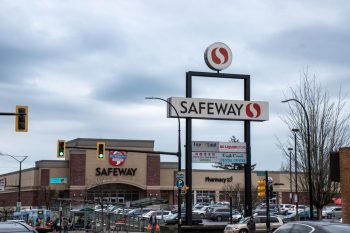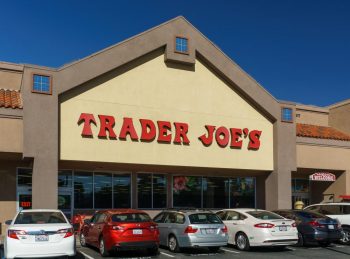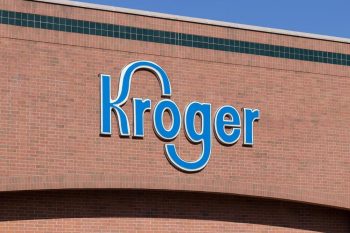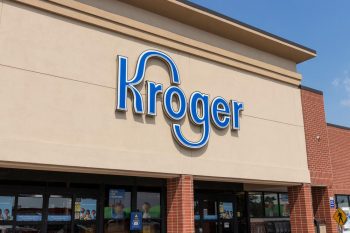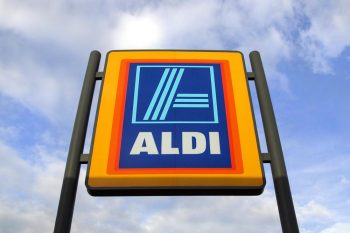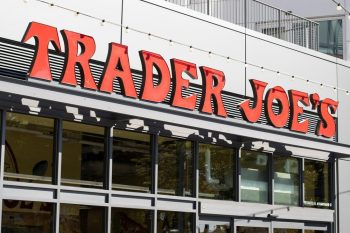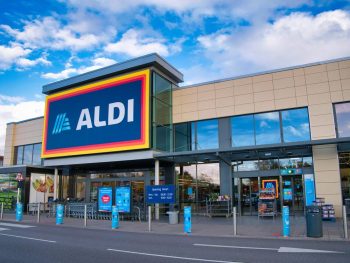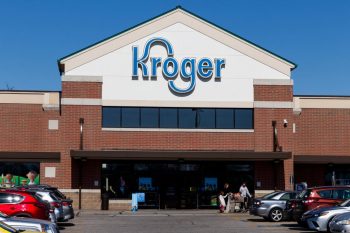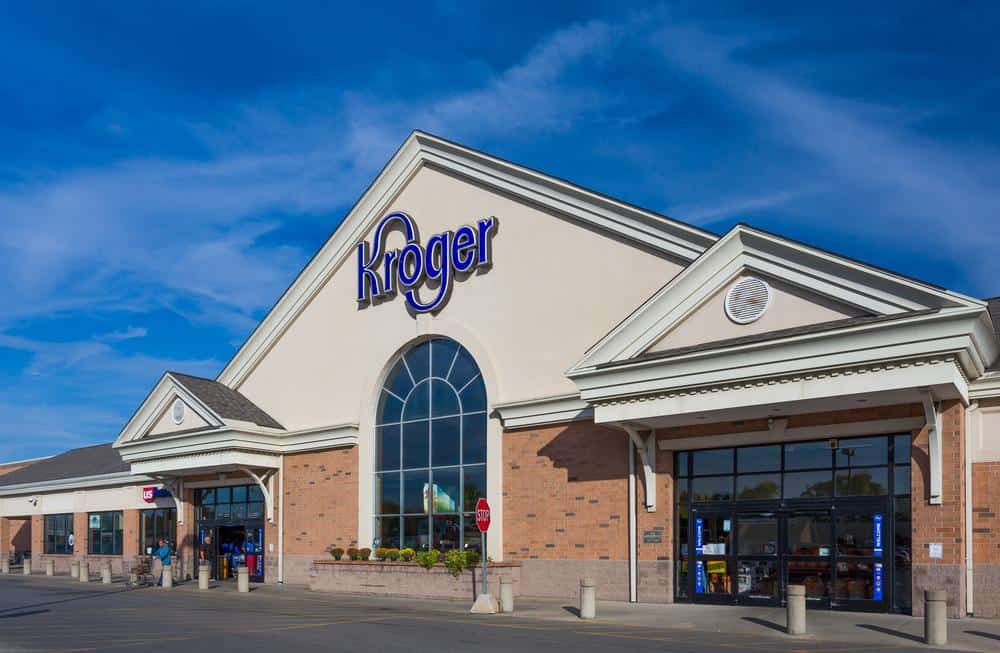
Kroger, one of the largest grocery chains in the United States, is renowned for its wide range of products, including its dairy offerings. But have you ever wondered where Kroger milk comes from? Let’s dive into the nitty-gritty of Kroger’s milk sourcing, its impact on local farming communities, and the company’s commitment to quality and sustainability.
Kroger sources its milk from various dairy farms across the United States, including their own dairy-producing facilities like Tamarack Farms Dairy in Newark, Ohio, and Crossroad Farms Dairy. They also purchase milk from other dairies, like Natural Prairie Dairy. Once sourced, the milk is processed in Kroger’s dairy plants and then distributed to their stores, ensuring freshness and quality.
Sourcing of Kroger’s Milk
Kroger sources its milk from various dairy farms across the United States. The company owns and operates dairy-producing facilities, such as Tamarack Farms Dairy in Newark, Ohio, and Crossroad Farms Dairy. Kroger has also been known to purchase milk from Natural Prairie Dairy, one of the largest “organic” dairies in the country. Once the milk is sourced from different farms, it is processed in Kroger’s dairy plants and then distributed to their stores. The Tamarack Farms Dairy, for instance, serves approximately 160 stores throughout Ohio and West Virginia.
Quality Assurance & Animal Welfare
Kroger ensures the quality of its milk supply through various practices and initiatives. The company invests in state-of-the-art dairy facilities, focuses on responsible sourcing practices, and offers customers a ten-day milk freshness guarantee. However, it’s essential to mention that while Kroger aims to ensure high standards for its milk suppliers, store brands like Simple Truth may lack transparency in their sourcing, making it difficult for consumers to determine where and how the products were produced.
In addition to quality assurance, Kroger also prioritizes animal welfare. The company requires 100% of its milk and dairy product suppliers to adhere to its animal welfare requirements. Kroger has been known to take action against suppliers found to violate these standards, further emphasizing its commitment to animal welfare.
Impact on Local Farming Community
Kroger’s sourcing of milk has a considerable impact on the local farming community. The company requires 100% of its milk and dairy product suppliers to be enrolled in The National Dairy FARM program. Kroger is committed to responsible sourcing practices, which includes supporting local farmers and reducing the social and environmental impacts in their supply chain.
Moreover, Kroger’s commitment to local sourcing has a positive effect on the local economy. By supporting local farmers, Kroger helps create a reliable marketplace for their produce. This support contributes to the growth of the U.S. dairy industry, which has added nearly 60,000 new jobs and increased average wages by 11% in recent years.
Sustainability Practices
Kroger implements several sustainability practices in its milk production process. These include waste diversion, water use reduction, sustainable packaging, and responsible sourcing. These sustainability practices are part of Kroger’s Zero Hunger | Zero Waste action plan, which aims to create a more resilient, equitable, and sustainable food system.
From Farm to Store: Ensuring Freshness
Kroger ensures the freshness of its milk through a combination of best practices, state-of-the-art facilities, and strict quality control measures. By following these practices and utilizing advanced processing techniques, Kroger ensures that its milk products are fresh and of high quality when they reach the store shelves.
Future Plans and Initiatives
Looking ahead, Kroger continues to innovate in its milk sourcing and production process. The company recently announced a 35,000-square-foot expansion at Tamarack Farms Dairy to support the implementation of a state-of-the-art aseptic milk line. This expansion is part of Kroger’s commitment to sourcing and manufacturing only the best and freshest products, improving their ability to offer high-quality dairy products to their customers.
In conclusion, Kroger’s milk sourcing process is a multi-faceted operation that prioritizes quality, animal welfare, local farming communities, and sustainability. While there may be some challenges in terms of transparency, Kroger continues to strive for excellence in its dairy production and aims to provide customers with the freshest and highest quality milk products.
Frequently Asked Questions
What is the National Dairy FARM program that Kroger’s milk suppliers have to be enrolled in?
The National Dairy FARM (Farmers Assuring Responsible Management) program is a nationwide, verifiable animal well-being program that provides consistency and uniformity to best practices in animal care and quality assurance in the dairy industry.
What is Kroger’s Zero Hunger | Zero Waste action plan?
The Zero Hunger | Zero Waste action plan is Kroger’s commitment to end hunger in the communities they serve and eliminate waste across the company by 2025. This includes food waste reduction, community engagement, and other sustainability initiatives.
Is all Kroger’s milk organic?
Not all of Kroger’s milk is organic. While they do source some of their milk from organic farms like Natural Prairie Dairy, they also source from conventional dairy farms.
What is aseptic milk?
Aseptic milk is milk that is sterilized at ultra-high temperatures (UHT) for a short period of time to kill any bacteria or microorganisms. The milk is then packed in a sterile container, resulting in a product that can last for months without refrigeration until it’s opened.
What is the ten-day milk freshness guarantee offered by Kroger?
Kroger’s ten-day freshness guarantee means that the milk they sell will stay fresh for at least ten days from the purchase date when properly refrigerated. If it does not, customers can return the product for a full refund.

